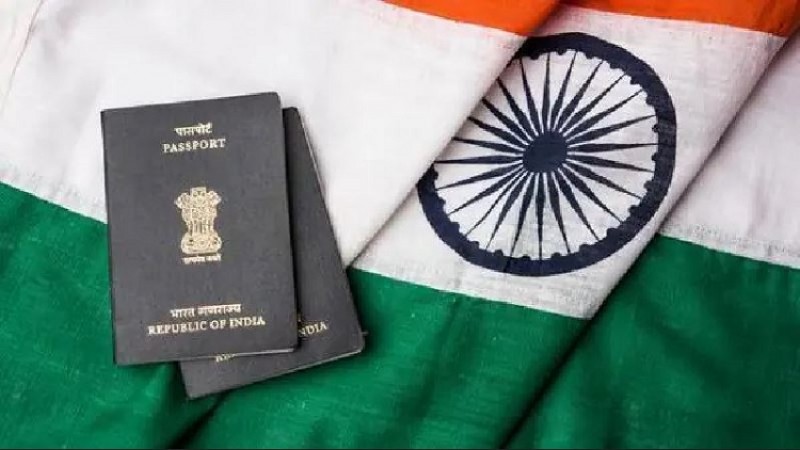
The United States is facing a severe Green Card backlog crisis, especially concerning Indian applicants, as highlighted in a recent study conducted by David J. Bier, the associate director of immigration studies at the Cato Institute. At present, a staggering 1.07 million Indians find themselves entangled in this backlog, waiting for their applications to be processed in the EB-2 and EB-3 categories, with an astonishing estimated wait time of 134 years.
This year, the backlog for employment-based Green Cards has reached an unprecedented high, with a total of 1.8 million pending cases, significantly impacting the futures of 134,000 Indian children who may age out before obtaining their Green Cards. For new Indian applicants in the EB-2 and EB-3 categories, this backlog is effectively a lifetime sentence, with the report projecting that approximately 424,000 applicants may pass away while waiting.
Bier pointed out the gravity of the situation, stating, "The 1.1 million cases from Indians in the backlog bear most of the burden of the broken system. New applicants from India will face a lifetime wait, and more than 400,000 will die before they receive a green card."
The majority of the backlog, over half, falls within the EB-2 category, which pertains to employees of U.S. businesses with advanced degrees. An additional 19 percent belong to the EB-3 category for employees holding at least bachelor's degrees.
A significant concern arises when dependent children on H-4 visas reach the age of 21, as they lose eligibility for their visa status. These individuals, often referred to as "documented dreamers," are then confronted with challenges such as pursuing F-1 student visas, which come with limited work opportunities and higher fees. In some cases, they may even face the agonizing decision of self-deportation to their home country, despite having grown up in the United States and lacking strong connections elsewhere.
At the heart of this issue lies the U.S. immigration policy, which allocates only 140,000 Green Cards annually for employment-based applicants, subject to a 7% per-country cap. This system disproportionately impacts Indian nationals, particularly those on H-1B visas, who constitute a significant group of skilled immigrants in the country.
In his report, Bier emphasized, "The fact that Chinese and Indians dominate the backlog is the result of the country caps where Green Cards are not issued proportionally to the number of pending applicants in each country but rather limited arbitrarily at 7% per nation of birth."
Thailand likely to ease visa rules to lure tourists from China and India